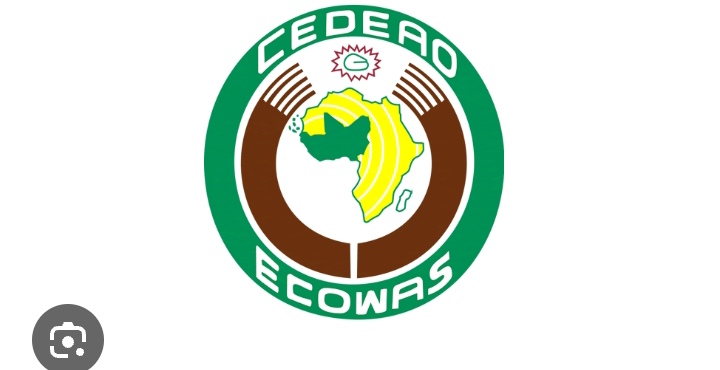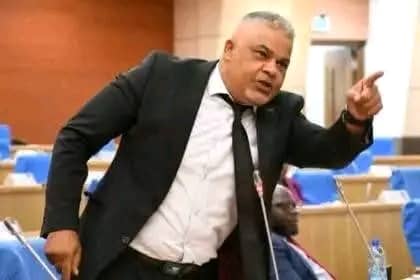ECOWAS Scrambles To Contain Regional Fallout As Sahel Alliance Tightens Post-Exit Measures

By Onoja Baba, Nigeria
As cracks deepen within West Africa’s premier political and economic bloc, the Economic Community of West African States (ECOWAS) has convened a crucial two-day emergency meeting in Accra, Ghana.
The meeting is to grapple with the widening rift following the formal withdrawal of Mali, Burkina Faso, and Niger earlier this year.
While the agenda officially centers on the modalities of the three nations’ exit and the implications for ECOWAS agencies operating in those territories, insiders say the subtext is far more urgent.
It’s also to manage a deepening diplomatic and economic standoff that threatens the foundation of regional integration.
The meeting comes barely three weeks after the military-led governments of the three breakaway nations, now operating under the Alliance of Sahel States (AES), unilaterally imposed a 0.5% import levy on all goods from ECOWAS member states, excluding humanitarian supplies.
The tariff directly undermines the ECOWAS protocol on the free movement of goods and people, which had remained in effect despite the trio’s formal exit in January.
“This isn’t just about exit modalities—it’s about the survival of the ECOWAS project. The imposition of import duties is a direct challenge to ECOWAS’s authority and its economic vision,” a diplomatic source close to the talks told reporters.
The bloc said in a Tuesday statement that it aims to “set up a structure to facilitate discussions on these modalities with each of the three countries.”
However, the recent moves by the AES suggest they are in no mood for negotiation.
The withdrawal of Niger, Mali, and Burkina Faso marks a historic fracture within ECOWAS, which was founded in 1975 to foster regional unity, economic integration, and political stability.
All three countries are currently ruled by military juntas that seized power through coups between 2020 and 2023, and have accused ECOWAS of serving foreign interests and failing to support their internal security priorities.
While ECOWAS initially responded with sanctions and diplomatic pressure, the formation of the AES, a military and economic alliance of the three regimes, has introduced a new layer of complexity, with growing anti-Western sentiment and a pivot toward new global partners, including Russia.
Analysts warn that if ECOWAS fails to broker a practical and diplomatic resolution, the region could witness further fragmentation, trade disruptions, and weakened collective security.
“This moment calls for realism and creative diplomacy. The longer this drags on, the more entrenched the divide becomes—and the harder it will be to bring these countries back into the fold,” said Dr. Aisha Toure, a West African regional affairs expert.
- The Accra meeting is to continue through Wednesday, with regional leaders expected to release a communiqué outlining next steps.
categories
recent posts

MALAWI: Lawmakers and Activists Divided Over Parliament Speaker Election Process

ECOWAS Scrambles To Contain Regional Fallout As Sahel Alliance Tightens Post-Exit Measures



